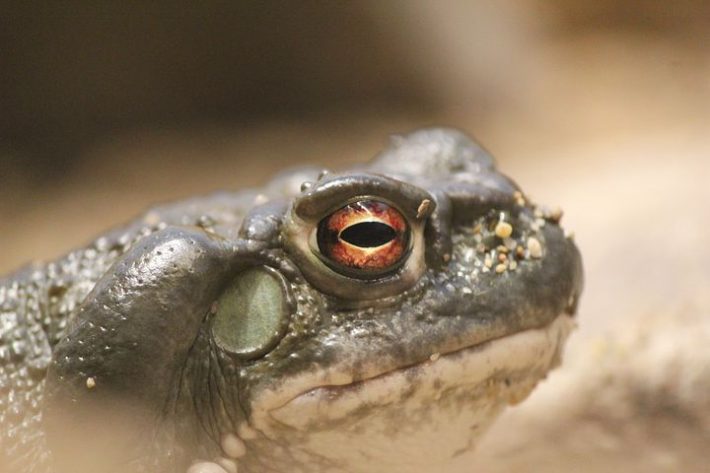Dark web wildlife trade investigated by Adelaide research team
A research team from the University of Adelaide investigates wildlife trading on the dark web, a corner of the internet renowned for its trade of illegal substances.

A huge amount of wildlife trade takes place on the internet. Online marketplaces, private forums and messaging apps make it easy to sell and buy live animals, plants and fungi digitally. University of Adelaide researchers sought to investigate wildlife trading specifically on the dark web and understand potential impacts, with their research being published in People and Nature.
Led by Dr Phill Cassey, the researchers identified 153 species being traded across 50 dark web marketplaces. Dr Cassey said “The majority of advertisements found were for plants and fungi, most plants were advertised for their use as drugs, often as psychedelics, but some for their apparent medicinal properties.
“Animals were also traded for drug uses, including the infamous Colorado River toad that secretes psychoactive toxins from it’s skin. Despite trading for drug or medicinal reasons being commonplace, trading for other trafficking crimes, like live exotic pets, is not very popular.”

“This is important for understanding threats to biodiversity (unsustainable harvesting of wildlife) and biosecurity (illegal transport of pests, weeds and diseases) across international borders,” continued Cassey.
The legality of online trade is complicated and depends on the laws of the country involved. Currently most traditional wildlife is traded on the open or deep web. Open web refers to e-commerce marketplaces that are accessible to everyone, but deep web refers to encrypted data such as private forums and messaging apps. Surveillance should be prioritised for these areas of the internet. However, if it becomes harder to sell wildlife openly online, a broader variety of species may be sold on the dark web.
Dr Cassey’s team has been collecting data on the trade of wildlife in Australia from over 100 websites and internet forums since 2019. Australia is one of 184 signatories to the Convention on International Trade in Endangered Species of Wild Fauna and Flora, alongside the UK, helping to protect endangered wildlife from international trade.
This article was adapted from a University of Adelaide press release.
Read more here:
https://besjournals.onlinelibrary.wiley.com/doi/epdf/10.1002/pan3.10469
Like what we stand for?
Support our mission and help develop the next generation of ecologists by donating to the British Ecological Society.